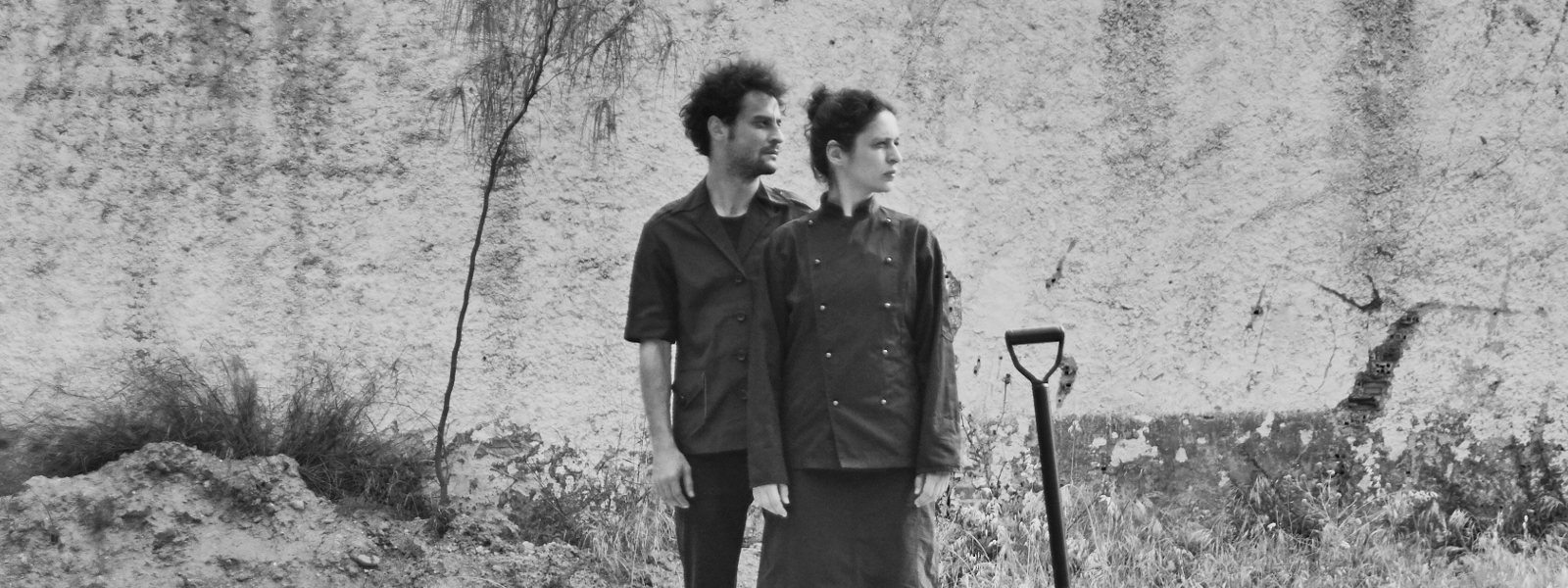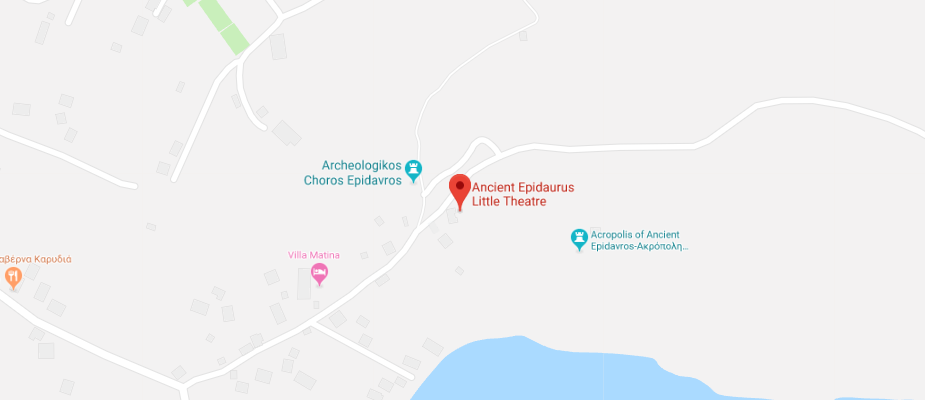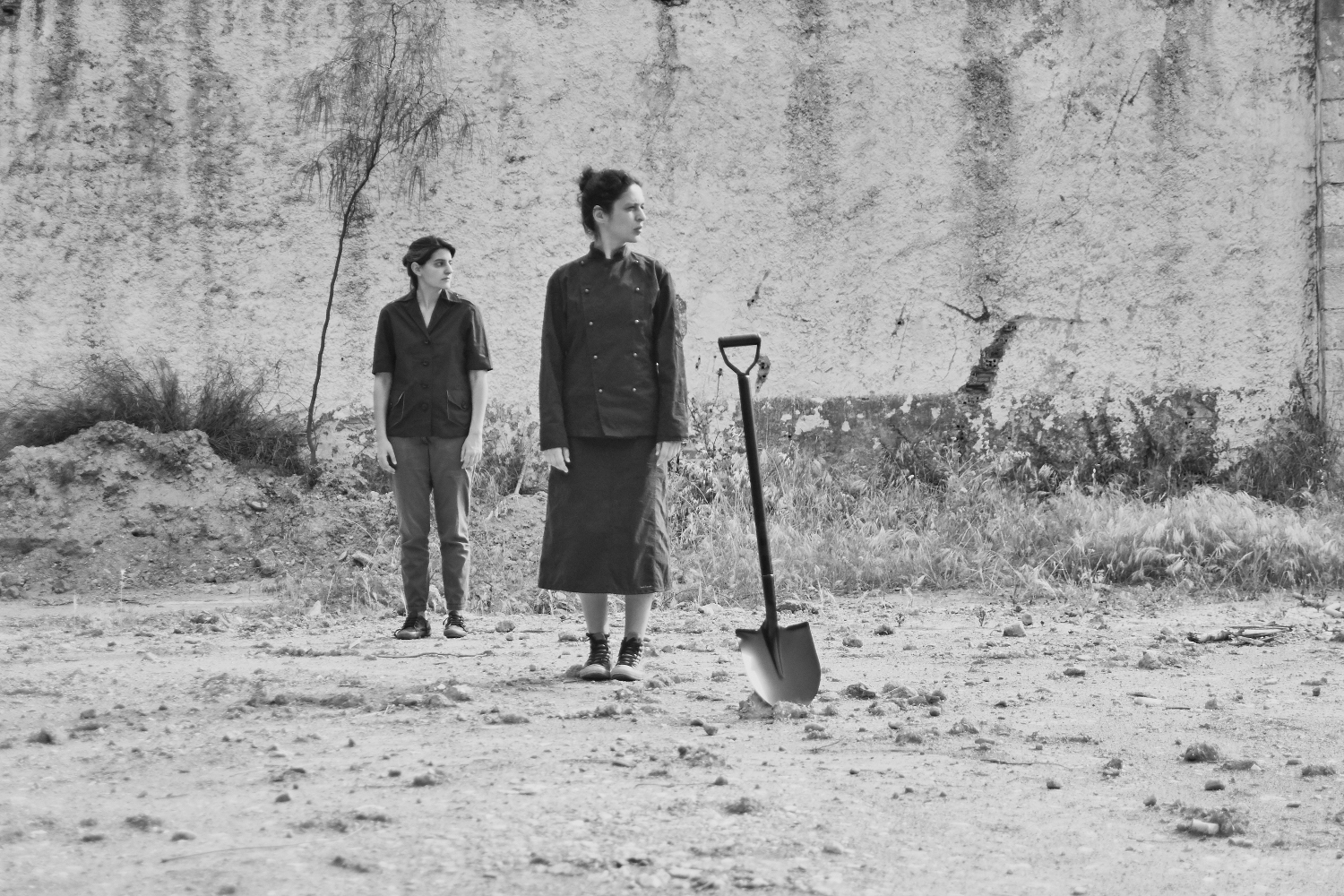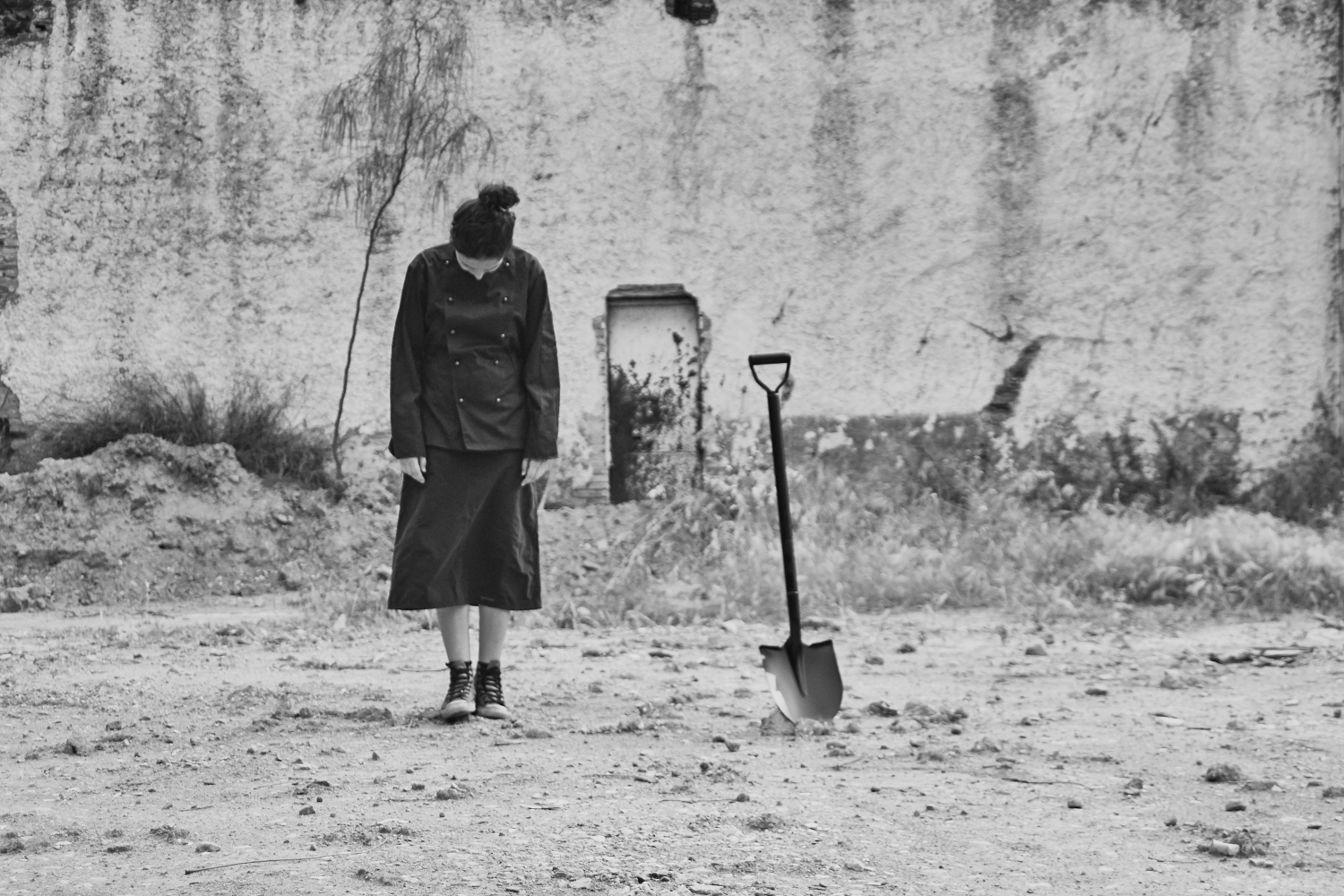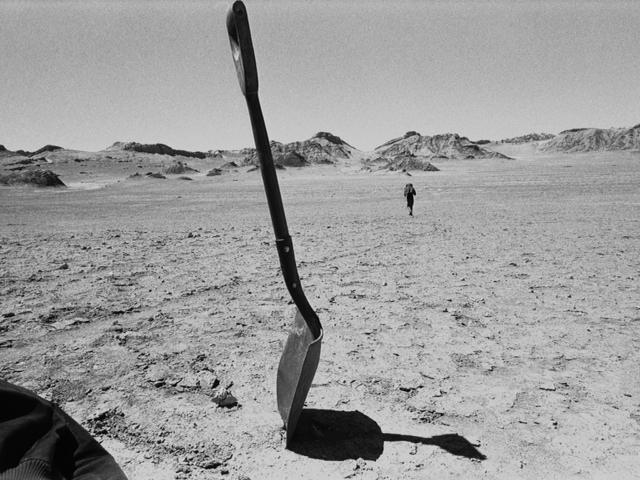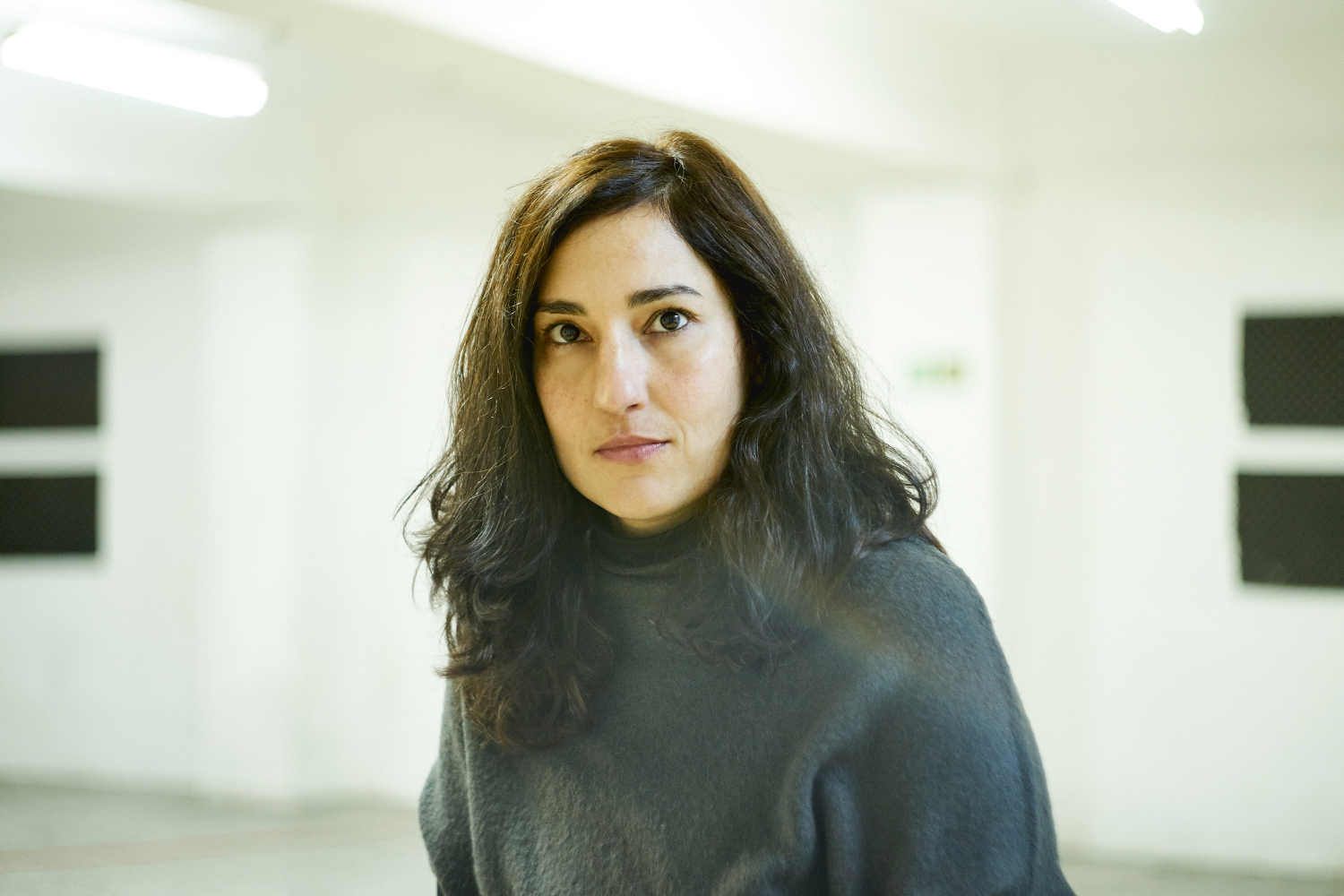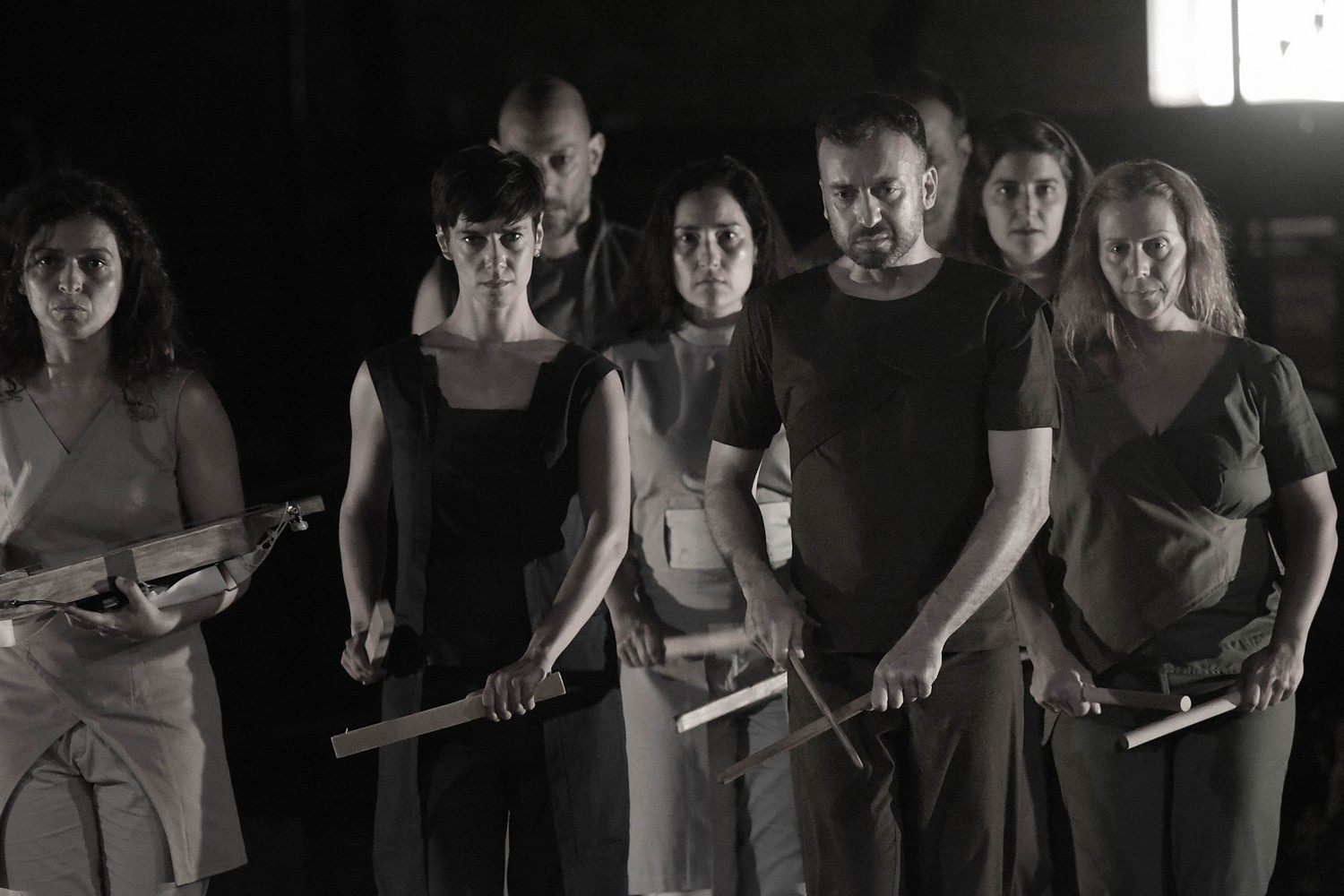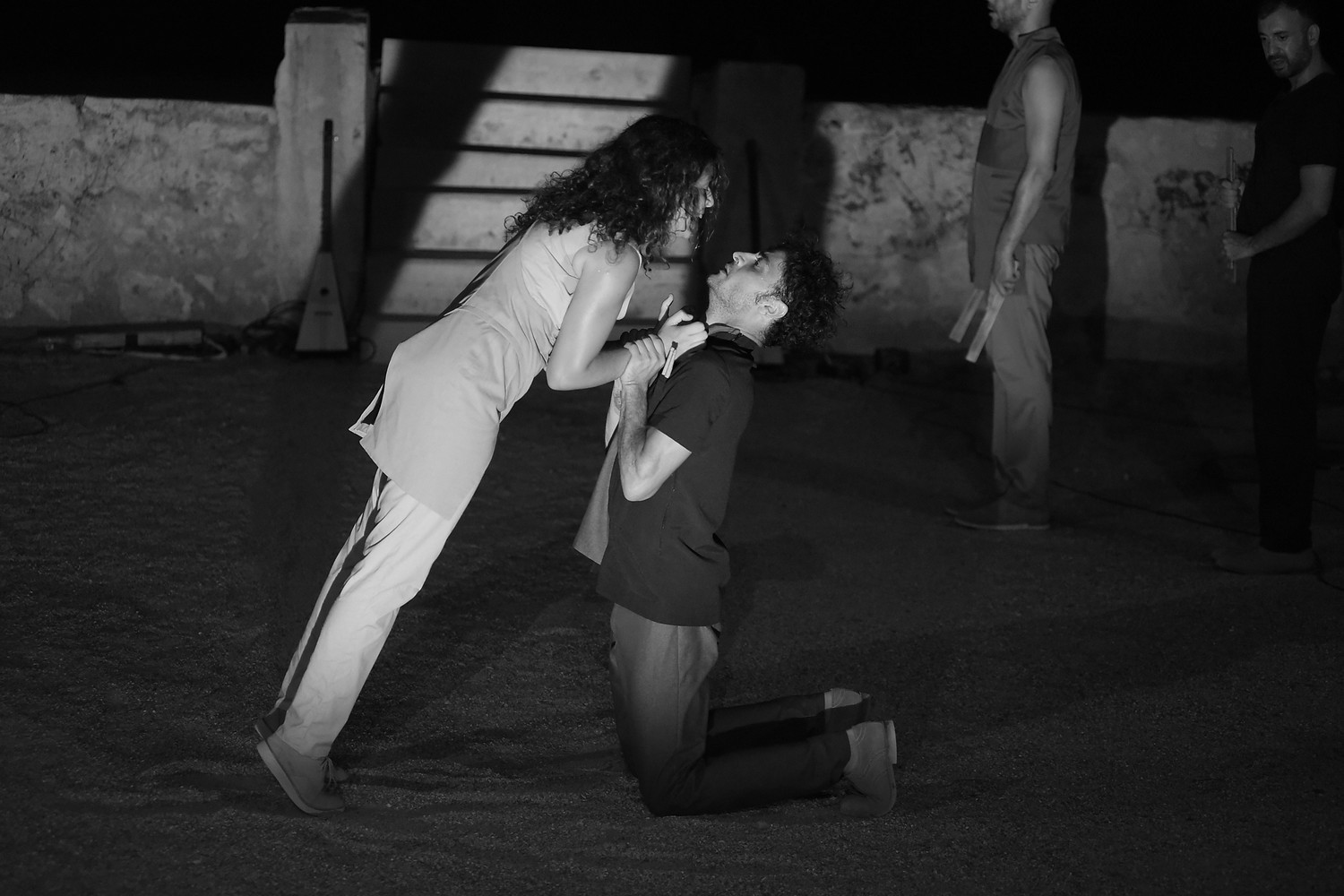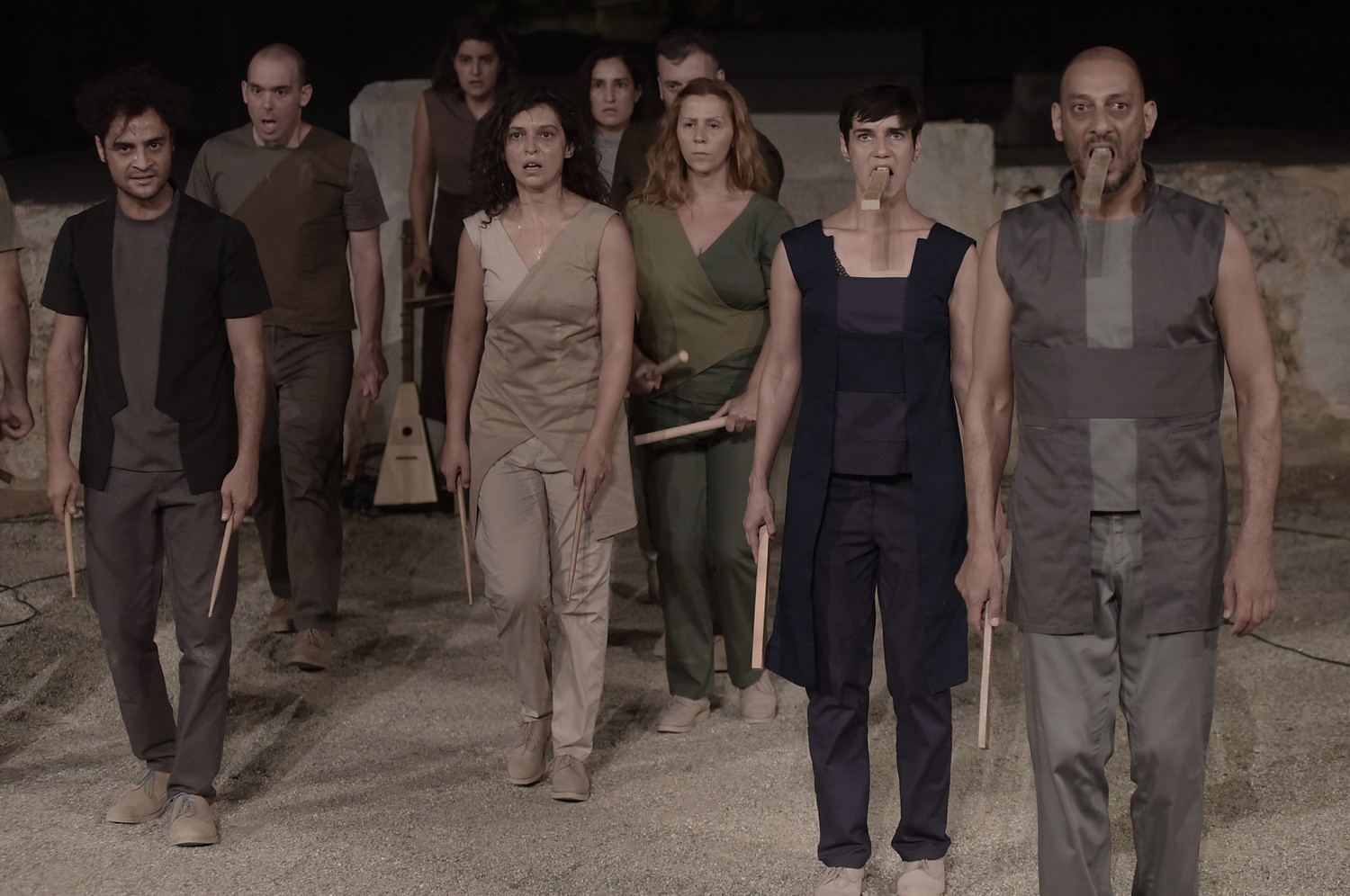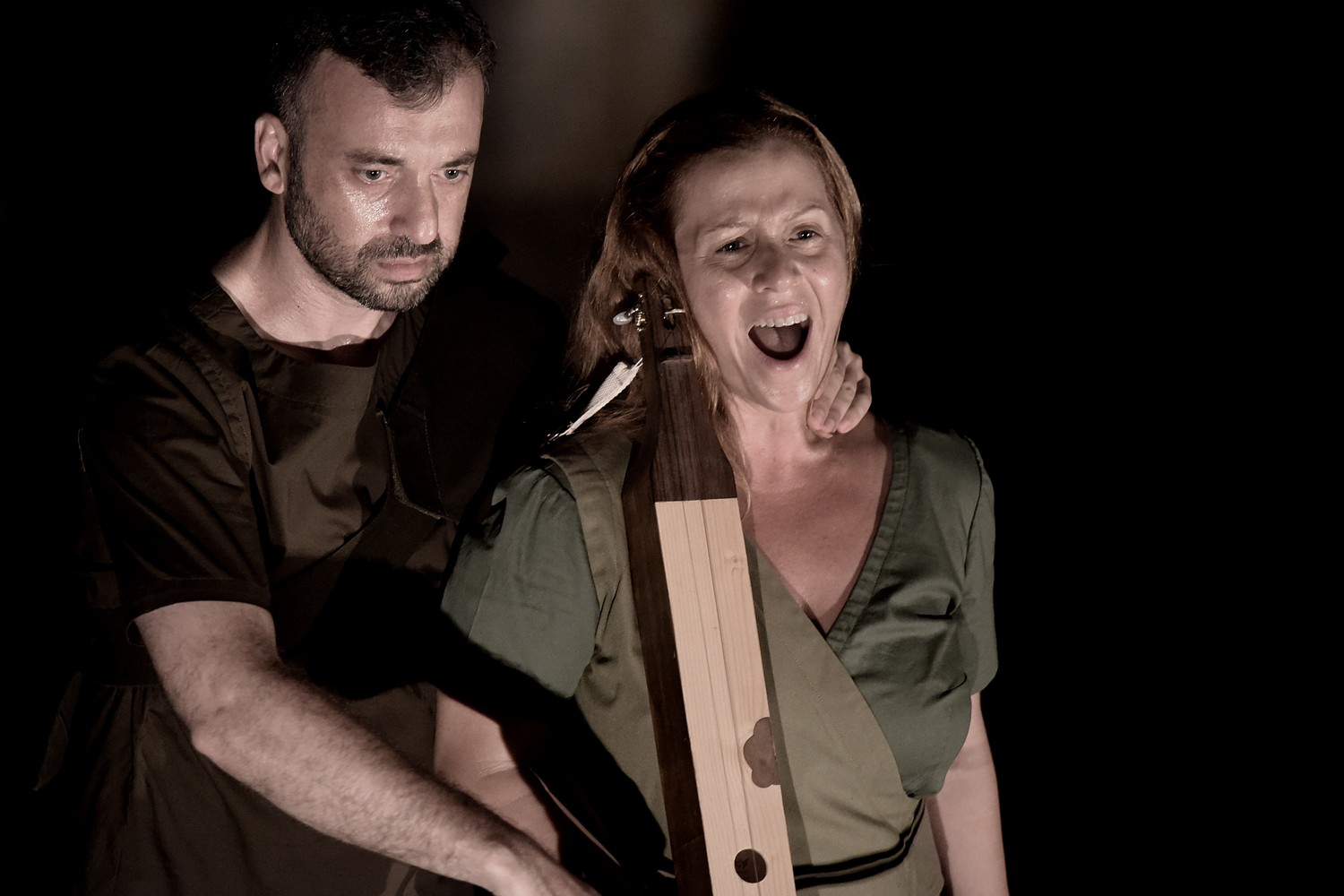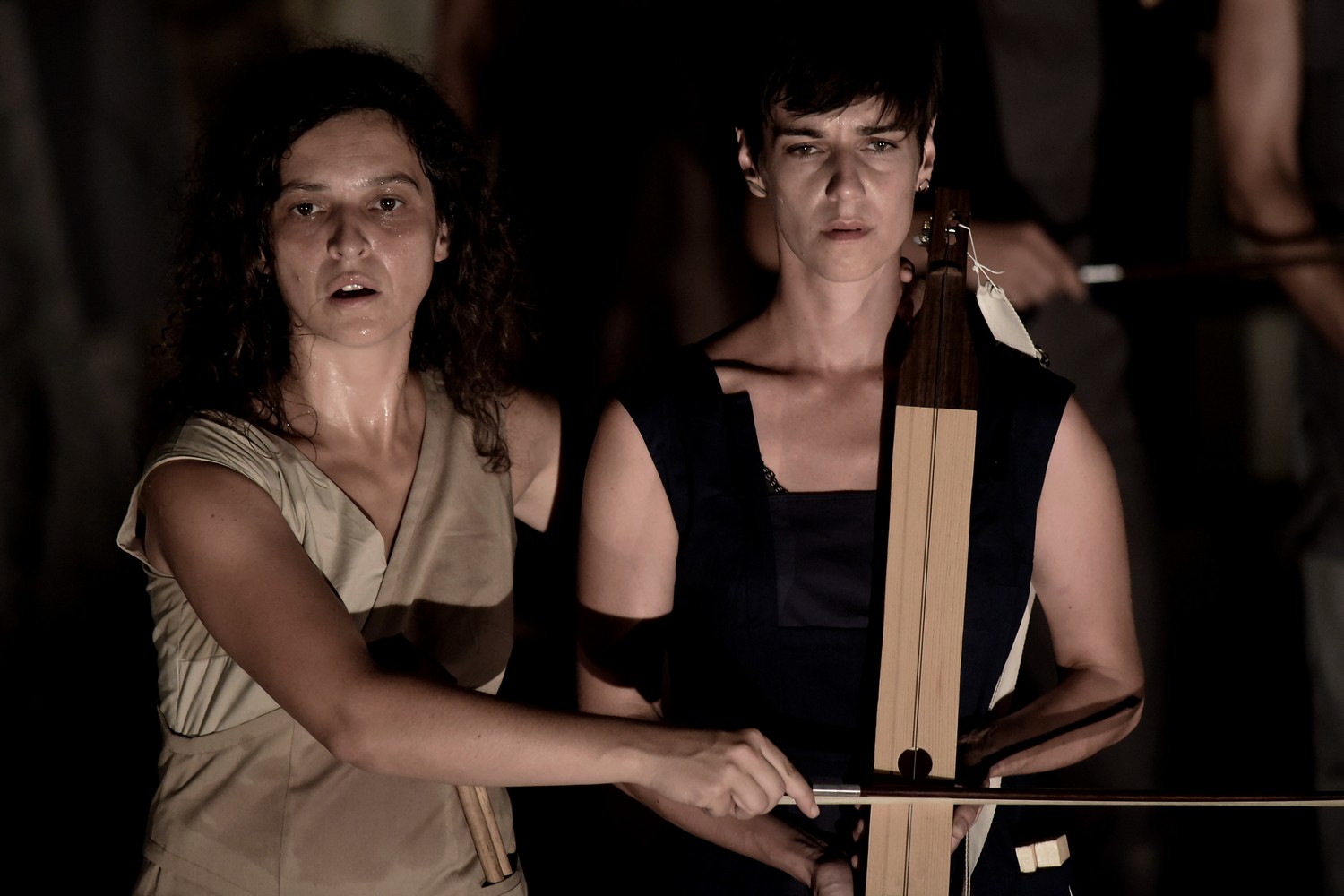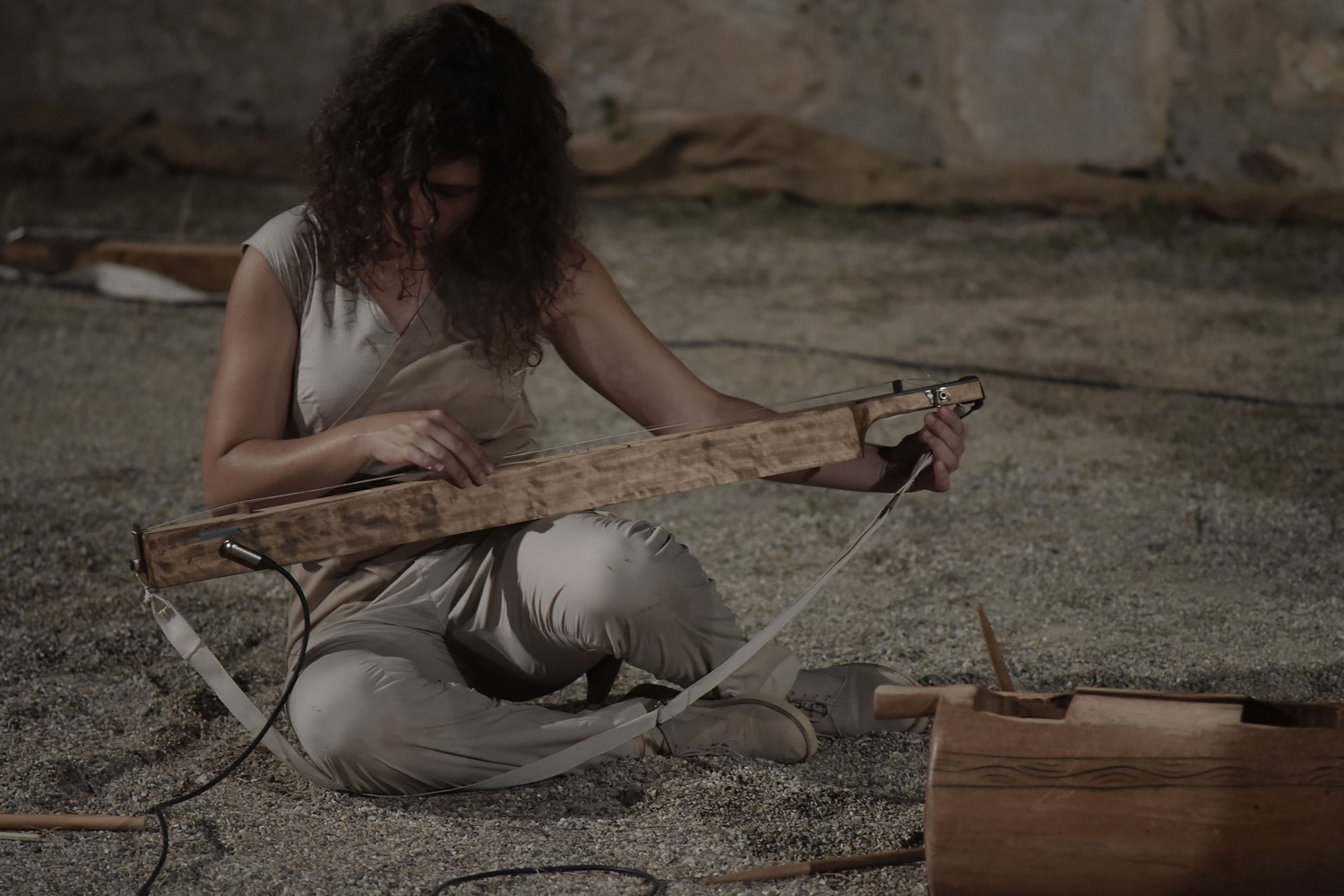VASISTAS – Argyro Chioti
The Libation Bearers
by Aeschylus

In the second part of Aeschylus’ trilogy, the main character is Electra, mourning her murdered father and obsessing over the anticipated return of her brother, Orestes, with whom she plans to take revenge for Agamemnon. In the bleak opening, Electra mourns over her father’s grave. Her laments are added to those of the women of the Chorus, the Libation Bearers. There, she is reunited with her brother, who returns after many years abroad, together with his loyal friend, Pylades, both disguised into foreigners. Upon seeing her in mourning, Orestes realizes they will be allies and reveals himself to her in what is one of the most powerful scene of recognition (anagnorisis) in ancient drama. With Electra’s aid, Orestes and Pylades pretend to be foreigners bringing the dead Orestes’ ashes home. After Clytemnestra welcomes Orestes, he reveals his identity to her and murders both her and her lover and accomplice, Aegisthus. The Furies arrive, relentlessly pursuing Orestes. The hero will eventually be acquitted at Areopagus at the third part of the trilogy, The Eumenides.
With English surtitles
Related Events
Duration 90'
Little Theatre of Ancient Epidaurus
- 06/07 until 07/07/2018 at 21:30
all events
Opera | Theatre | Dance | Premiere | Greek Debut

